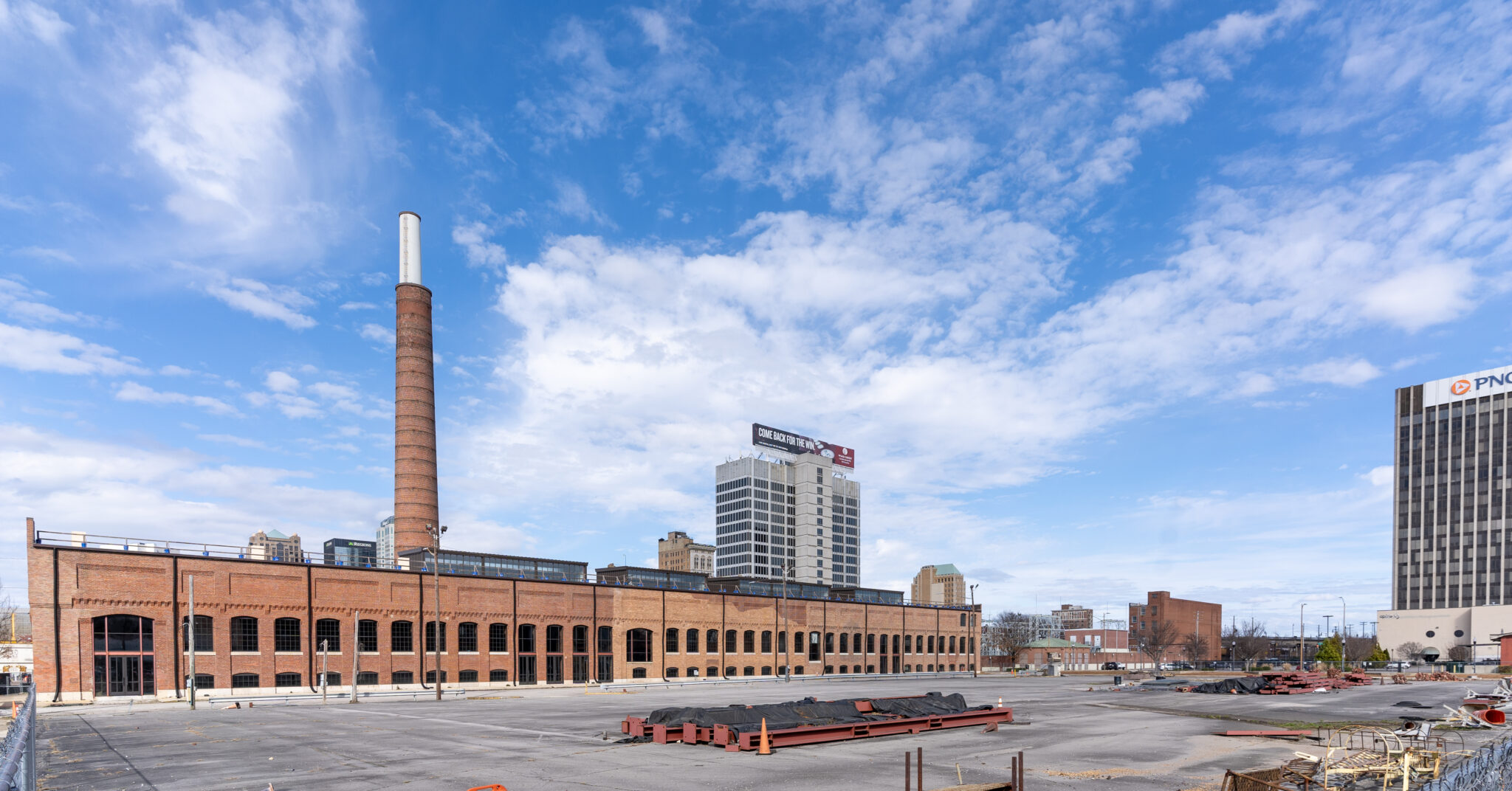5 Birmingham neighborhoods slated to participate in new pilot recycling program
Reading time: 3 minutes

Here is a piece of Birmingham history trivia. When was the first curbside recycling program launched in the Magic City?
Answer: It was in the late 1980s begun by the Alabama Conservancy (now the Alabama Environmental Council) in the Forest Park neighborhood. The volunteer led program was one of the first curbside programs in Alabama.

Now, nearly, 30+ years later, according to a recent Birmingham City Council news report, if all goes as planned, recycling in Birmingham is about to see a major upgrade.
Five Neighborhoods Slated for Pilot Recycling Program
Last Tuesday, the Birmingham City Council’s Public Improvements Committee heard about the City’s proposed recycling pilot program, City Haul.
On Monday, February 10th, the funding for the new recycling program is expected to come before the City Council’s Budget and Finance Committee.

If the proposed pilot program passes the committee and the Council, five neighborhoods, across five districts have been chosen to begin the new program: They are:
Roebuck
Forest Park
Crestwood South,
East Avondale
Woodland Park
The launch date is April 1, 2020.
How the New Pilot Program Works

The new program changes the status quo. Here is how it will work via the City Council:
“The pilot program will last six months and will feature 2,800 96-gallon refuse bins and 2,800 64-gallon recycle bins that will be distributed to the households within the footprint of the pilot boundaries.
Instead of having trash picked up twice a week, households within the new boundary will have trash and recycling pickup service once a week.
However, the larger bins will allow for more trash and recycling to be placed in the secure containers that will prevent animals and inclement weather conditions from spilling their contents.
There will be details of what can and cannot be recycled on the new bins that are distributed.”
The initial cost of the program will be $247,000 for the purchase of the bins, which will be equipped with GPS chips to monitor their location and prevent theft.
Less than 1% of Our Trash is Recycled

Presently, many residents in Birmingham set out their recyclables once a week. Some homeowners have small containers, while others leave their recyclables in bags on the curb. The program has not been successful, with the city acknowledging that less than 1% of trash that is thrown away in Birmingham is recycled.
Long Range Goal – 25%
The new program, which is championed by Councilor Crystal Smitherman, is striving to change the city’s dismal recycling record. The stated goal from the Council is to have 25% or more of Birmingham’s solid waste recycled in the next 10 years.
The new pilot program is a positive first step.

 14292 views
14292 views
![Now serving: A fun, fresh musical “Waitress” hits the stage in Birmingham this summer [discount code] Now serving: A fun, fresh musical “Waitress” hits the stage in Birmingham this summer [discount code]](https://bhamnow.com/wp-content/uploads/2025/07/waitressredmtntheatre-1-1200x800.jpg)
